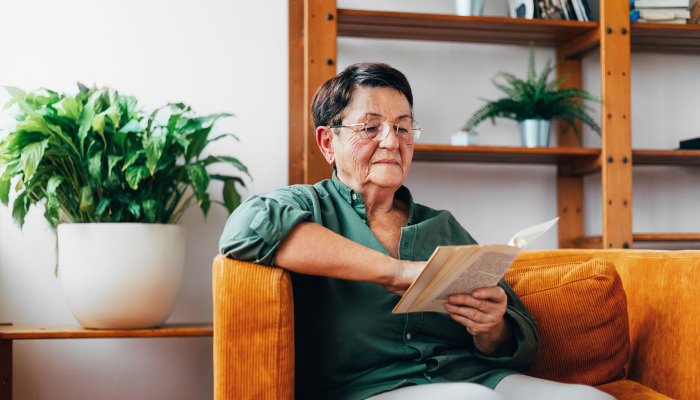

Based on their analysis, the researchers say that having a hobby is linked with not only fewer depressive symptoms, but also higher levels of happiness, self-reported health, and life satisfaction in people 65 and older. Further, these results were consistent even after adjusting for compounding variables like marriage status, income, and employment.
And, because the results didn’t vary much from country to country, the study authors note that, “Given the relative universality of findings, ensuring equality in hobby engagement within and between countries should be a priority for promoting healthy aging.”
The study’s lead author, Karen Mak Ph.D. also notes that hobbies could be protective for aging populations against age-related declines in mental health. “Life satisfaction was most strongly linked to hobby engagement,” she explains, adding that hobbies may contribute to life satisfaction in our later years “through many mechanisms, including feeling in control of our minds and bodies, finding a purpose in life, and feeling competent in tackling daily issues.”
It’s also worth noting that in countries where more people reported having a hobby, those countries also showed higher life expectancy and national happiness levels.
“Our research supports policymakers in promoting access to hobbies among older people as a way to enhance their well-being and health,” Mak says.








